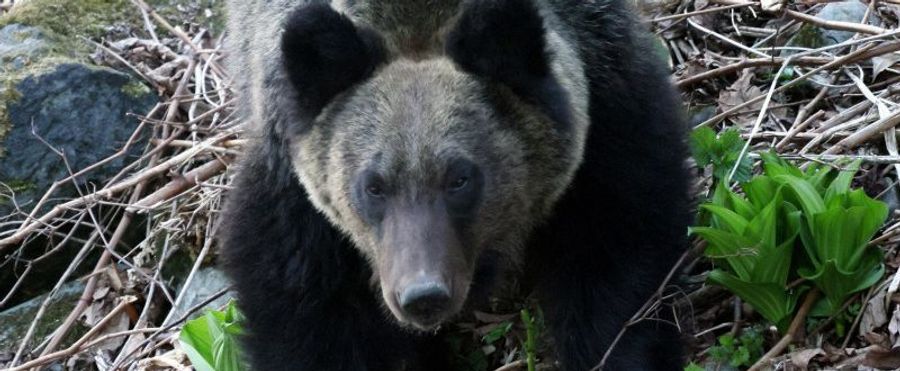The Japanese public opinion is divided over the issue of bear control, as reflected in recent surveys. The controversy arises due to increasing encounters between bears and local communities in Japan. Some see the need for sharp population control measures to ensure human safety, while wildlife advocates insist on coexistence strategies. The government is balancing these contrasting viewpoints while deciding its policy revisions.
Japan, particularly its rural areas, has been facing escalating human-wildlife conflicts, notably involving bears. Concern over public safety drives some calls for population control. However, ethical and environmental considerations mean that many Japanese citizens also advocate for alternatives, such as improved wildlife habitat management. The issue reflects broader tensions between advancing urbanization and environmental conservation.
Similar dynamics exist in the US or EU where management of species like wolves and bears ignites debates. These places tend to adopt a diversity of solutions, from relocations to controlled hunting, reflecting their larger land masses and variability in public opinions. They also face the challenge of aligning federal and local policies to address these wildlife conflicts.

